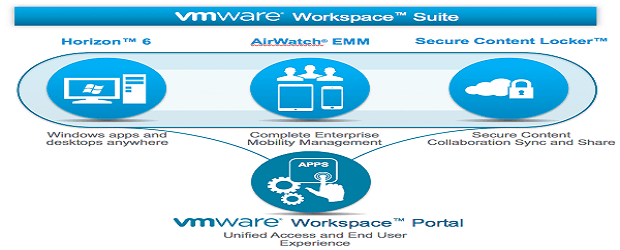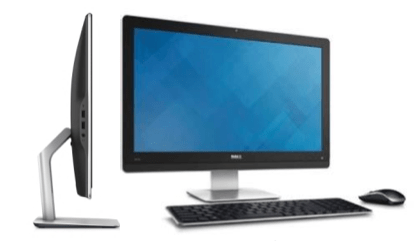A Canadian company that specializes in desktop virtualization software is working with computer display firm ViewSonic Corp. to create affordable virtual desktop solutions targeted at the education sector and small and medium sized businesses (SMBs).
Useful Corp. of Calgary, Alta., said its partnership with ViewSonic will result in the production of simple and flexible all-in-one, low-cost virtual desktop infrastructure (VDI) solutions including client devices and multi-platform software that will support a mix of native Linux, Chrome Cloud and Microsoft Windows virtual desktops.
Tim Griffin, chief technology officer of Useful, said there a big demand for easy to deploy and use VDI solutions.
“Today, deploying and managing endpoints can be complex and expensive, and ensuring smooth seamless integration of hardware and software platforms is a priority for buyers,” he said. “And now, with this partnership with ViewSonic and its diverse portfolio of display products, we can offer a complete VDI hardware and software solution.”
Mike Holstein, vice-president of business development and emerging technologies for ViewSonic Americas, said many organizations are looking for VDI technology that doesn’t come with all the “bells and whistles of a high-end VDI platform.”
The two companies are also looking to extend VDI implementation beyond traditional desktops.
“By integrating Useful’s software and ViewSonic’s hardware, a virtual environment can now be taken beyond the desktop to include touch screens, kiosks and digital signage,” he said.
ViewSonic specializes in VDI endpoints. Among the company’s top selling products are its thin client and zero client displays.
Established in 1999, Useful’s products are used in more than 100 countries. Its other partners include Hewlett-Packard, Acer, Centerm, ThinGlobal and Atrust.
Recently AMJ Technologies, an IT support company in Las Vegas, deployed Useful’s virtualization software in its call centre.
Useful said its all-in-one VDI software leverages zero client devices to replace physical PC and enables companies to save an average of 60 per cent in hardware and 90 per cent in electricity costs.







